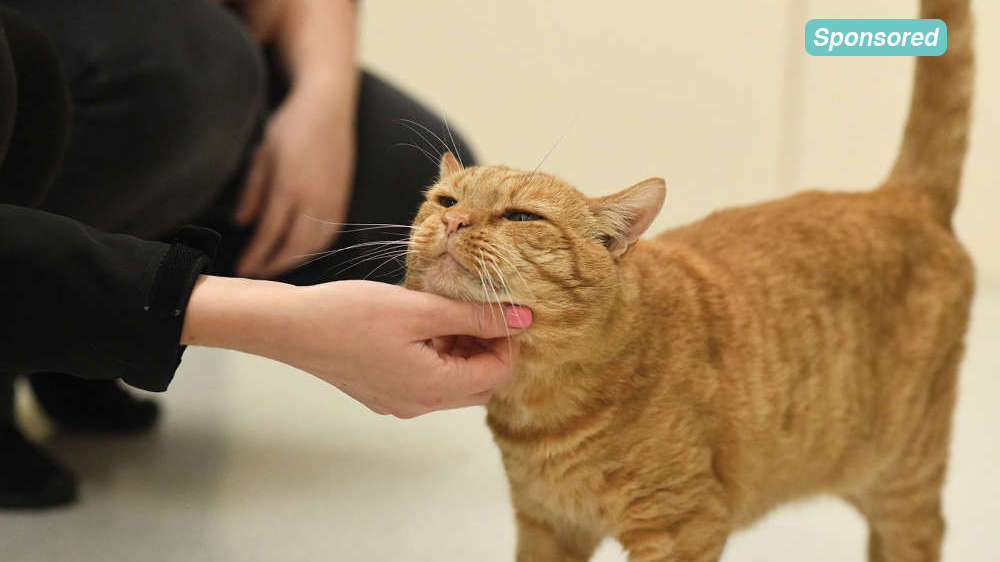
Sussex-based animal charity Raystede has been working tirelessly to improve the lives of animals for over 70 years. Hanna Prince visits its Sussex site to find out more
The story of Raystede began in 1952, when former school headmistress Mabel Raymonde-Hawkins bought a bungalow with two acres of land in the Sussex countryside. Raymonde-Hawkins was driven by an overriding compassion for animals of all shapes and sizes – she wanted to provide a sanctuary where neglected animals could be rehabilitated and rehomed, as well as promoting better welfare standards through education. That was more than 70 years ago, but Raystede continues to uphold the principles established by its founder.
“The values and commitment to animal welfare that was shown by Miss Raymonde-Hawkins back in 1952 still stands true today,” said PR & Communications Manager Simon Bennett. “Raystede is a charity that aims to give animals a better life through rehoming, rehabilitation and sanctuary, and give people the support and knowledge they need to treat animals with care and respect.
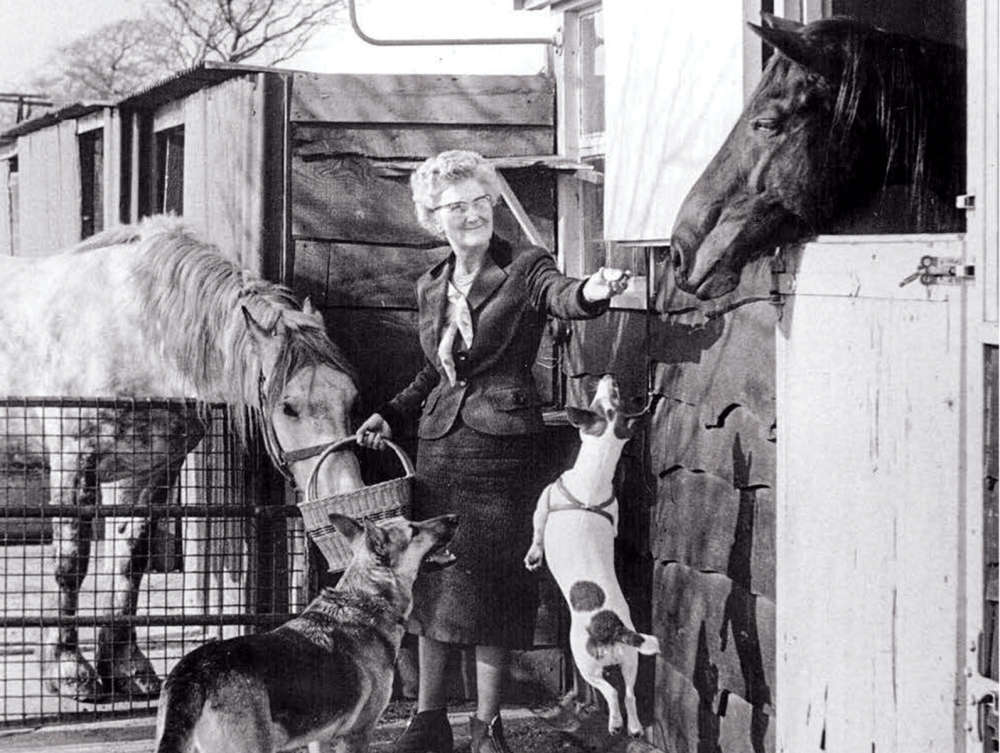
Homes for life
Raystede is still based out of its original Ringmer site, which has expanded over the years to cover over 40 acres. It's unique locally for the diversity and scope of its welfare offering –specialist facilities within the site allow the charity to care for around 2,000 animals per year.
“We have a mixture of animals, such as cats and dogs, horses, goats, alpacas, rabbits, guinea pigs and exotic birds,” explained Simon. “Some of these are available for adoption and some call Raystede their home.”
The animals that have found permanent sanctuary at Raystede are mainly those whose needs are harder to meet within a domestic setting. Exotic birds are carefully paired up and kept in spacious aviaries, where there’s plenty to stimulate their interest. There are paddocks for the horses and goats, and a shady lake which shelters ducks, geese and wildfowl. Work is currently underway on ‘Project Terrapin’ – an initiative to help as many terrapins as possible by rehabilitating surrendered animals, giving them permanent homes in a new lake, and educating visitors about why they make a poor choice of pet.
Other animals that come to Raystede will go on to flourish in new homes. Re-homing is a key objective for the charity, and every year it finds new owners for hundreds of dogs, cats and small pets. But not all of them can leave Raystede’s care immediately. Many, particularly the dogs, are traumatised or poorly trained, and need plenty of specialist support and rehabilitation before they can bond successfully with someone new.
“Raystede continues to see an increase in dogs surrendered into our care which have behavioural problems,” said Simon. “Providing these dogs with the expert care and support they need, so that they can find their forever home, takes time and money as these dogs tend to stay longer than those without additional training needs.”
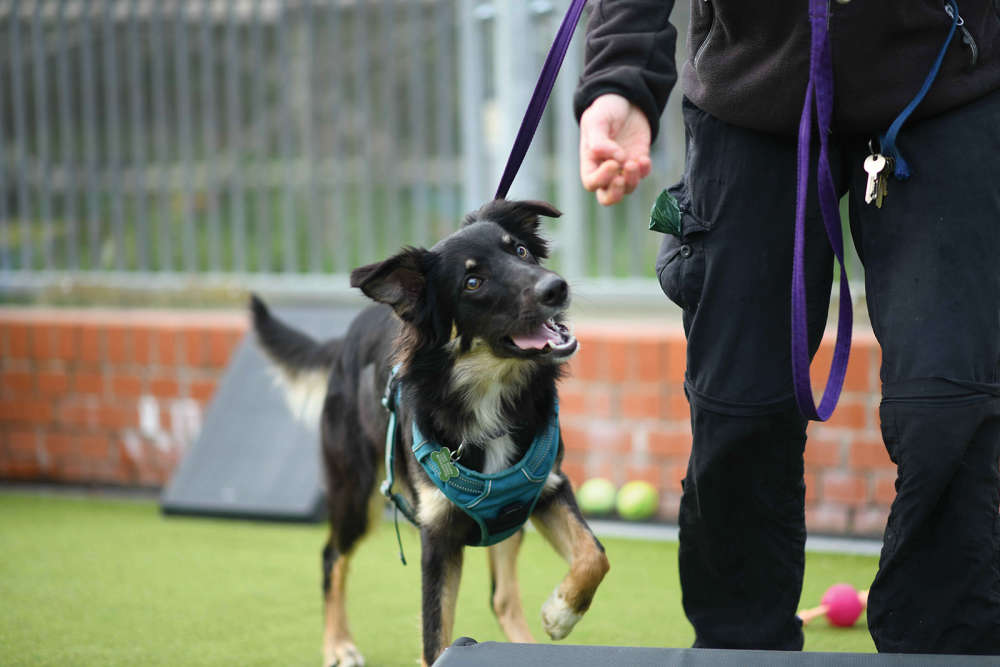
Helping people to help pets
Animal welfare issues have been exacerbated by the covid pandemic and, subsequently, the cost-of-living crisis, which has made vet and feed bills increasingly unaffordable. In 2023, Raystede had an unprecedented 4,500 requests to take in animals. Not all of these could be accommodated – which is why the charity puts such an emphasis on education.
“We believe that the better-informed people are around pets and animal welfare, the less likely it is that the animals will come to Raystede,” explained Simon. “We are able not only to look after the animals here but also to advise people on what would make a good pet for them.”
The charity has found all sorts of creative ways to put this principle into practice. As well as on-site information and the blogs and animal care guides on its website, it puts on regular pop-up events in local towns where members of the public can get specialist advice on both caring for and choosing a pet. Family learning days over school holidays also offer young people the opportunity to find out more about animal welfare.
Supporting people to care for their pets is an important element of Raystede’s mission. That’s why it established its 'Break Away' service, offering emergency animal fostering to people fleeing domestic violence or spending time in hospital. Fosterers care for dogs, cats and other animals in the safety of their own homes and the arrangement can benefit both sides.
“We provide everything that foster carers need,” said Simon. “So it gives them the opportunity to look after an animal without having that financial burden. We are very keen for more people to apply to be foster carers, because the success of the scheme depends on having a good foster carer network.”
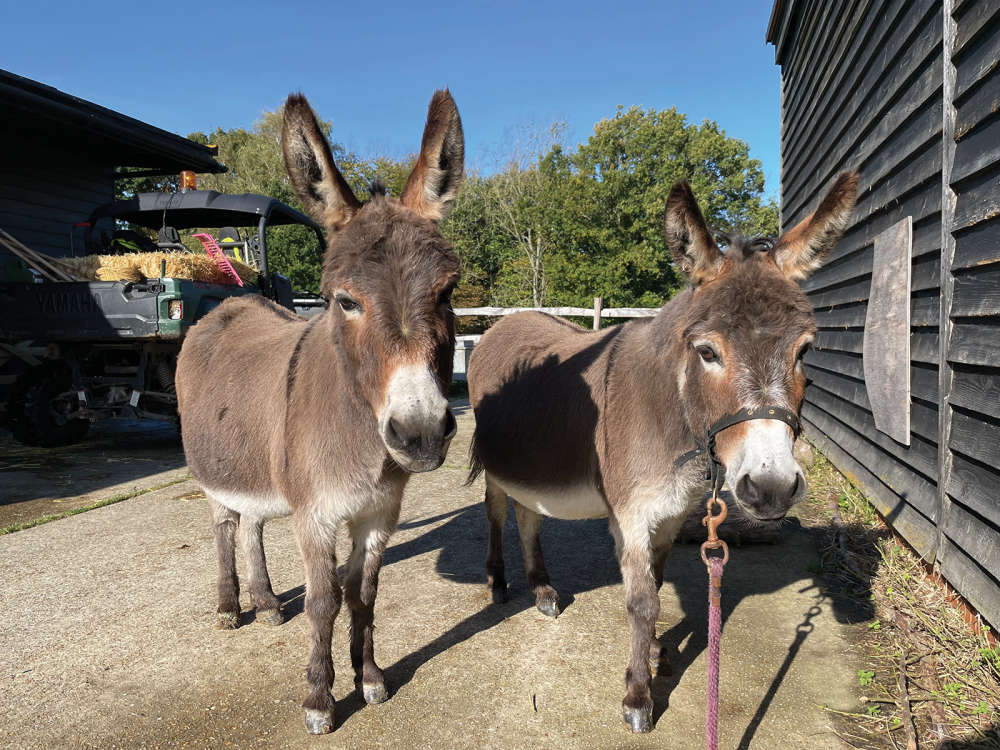
Getting involved
Not everybody can spare the time to be a pet fosterer, but there are plenty of ways to support Raystede’s fantastic work and have fun at the same time. The charity receives no government funding, which means that it depends entirely on the generosity of supporters to meet the £6,500 daily cost of supporting the animals in its care. People can fundraise by taking part in sponsored challenges (check out the website to find out what’s happening when) or by running their own business or school event. Others adopt an animal for themselves or a friend – you’ll receive regular updates on your adoptive pet, as well as having the opportunity to meet them on special sponsor tours.
For those who want to get more deeply involved, there’s the chance to join a 200-strong volunteer network. Jobs range from playing with the cute cast of resident cats to working in Raystede’s charity shops in Lewes, Uckfield or Hailsham. And, of course, you can do your shopping in those charity shops, or gift them your unwanted items.
Finally, there’s the chance to visit Raystede and meet the animals who have found sanctuary there. The site is open seven days per week and entry is free. It’s geared first and foremost towards animal welfare – don’t expect a zoo-like experience – but there’s still plenty to see and do. From enjoying the tranquil countryside on a lakeside dog walk to visiting the shop and café, exploring the site is a great way to gain a greater understanding of the charity’s worthy mission.
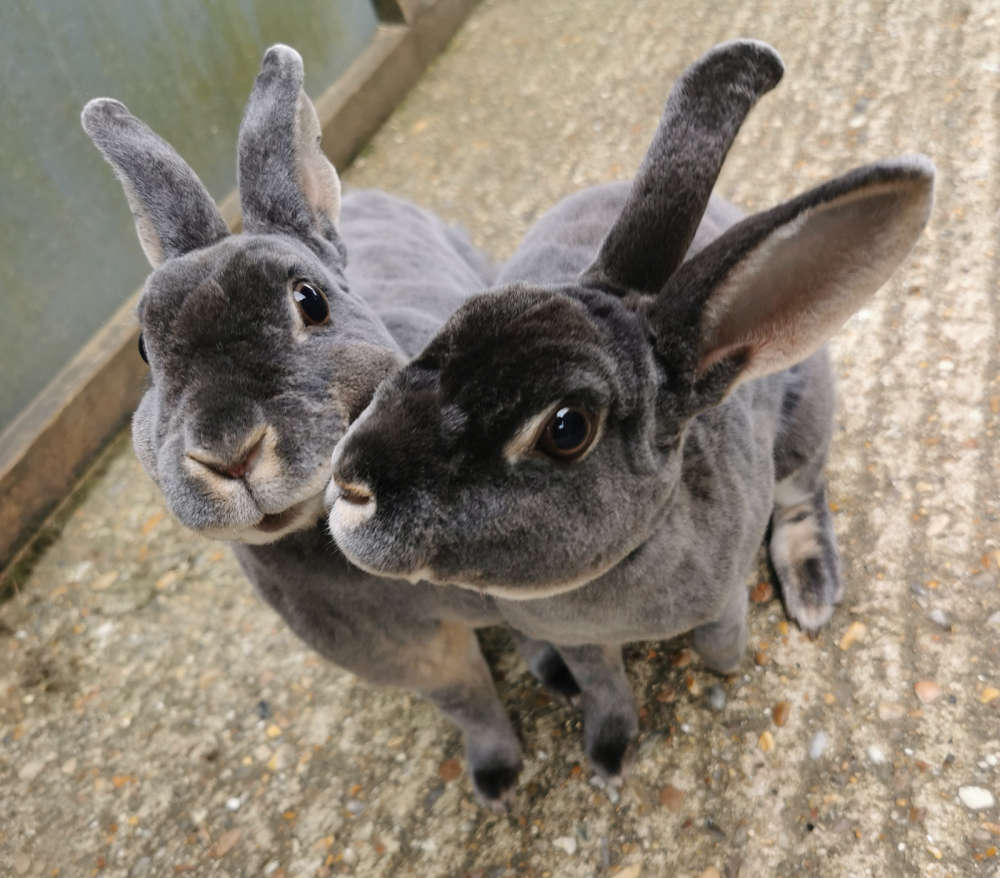
Raystede Centre for Animal Welfare
The Broyle, Ringmer BN8 5AJ
01825 840252

 It's a Dog's Life: A Day for Teddys Everywhere
It's a Dog's Life: A Day for Teddys Everywhere
 It’s a Dog’s Life: Let it Snow... Somewhere Else
It’s a Dog’s Life: Let it Snow... Somewhere Else
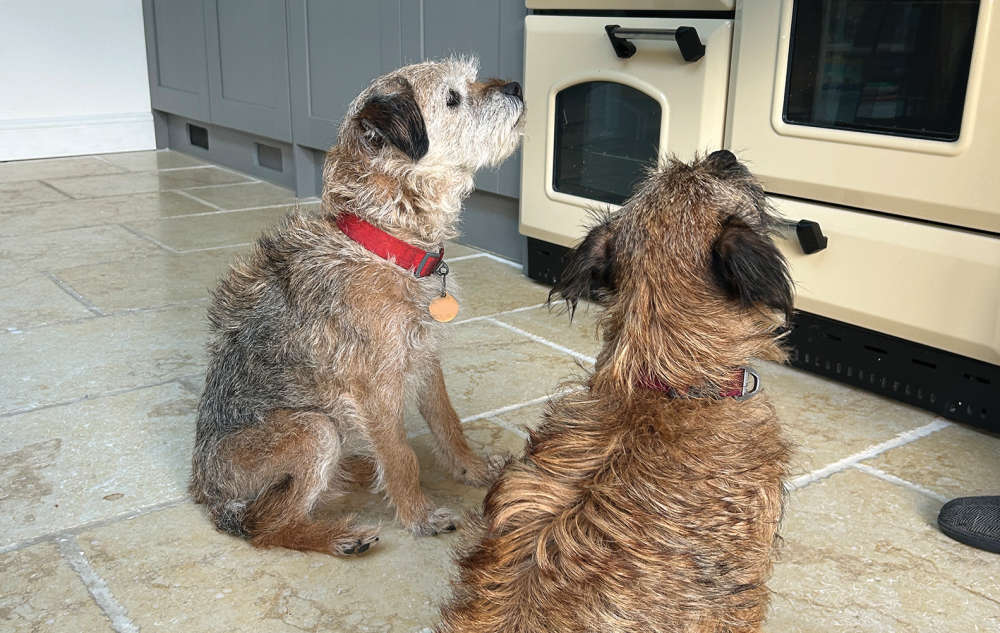 It's a Dog's Life: Foods are Seasonal, Treats are Perennial
It's a Dog's Life: Foods are Seasonal, Treats are Perennial
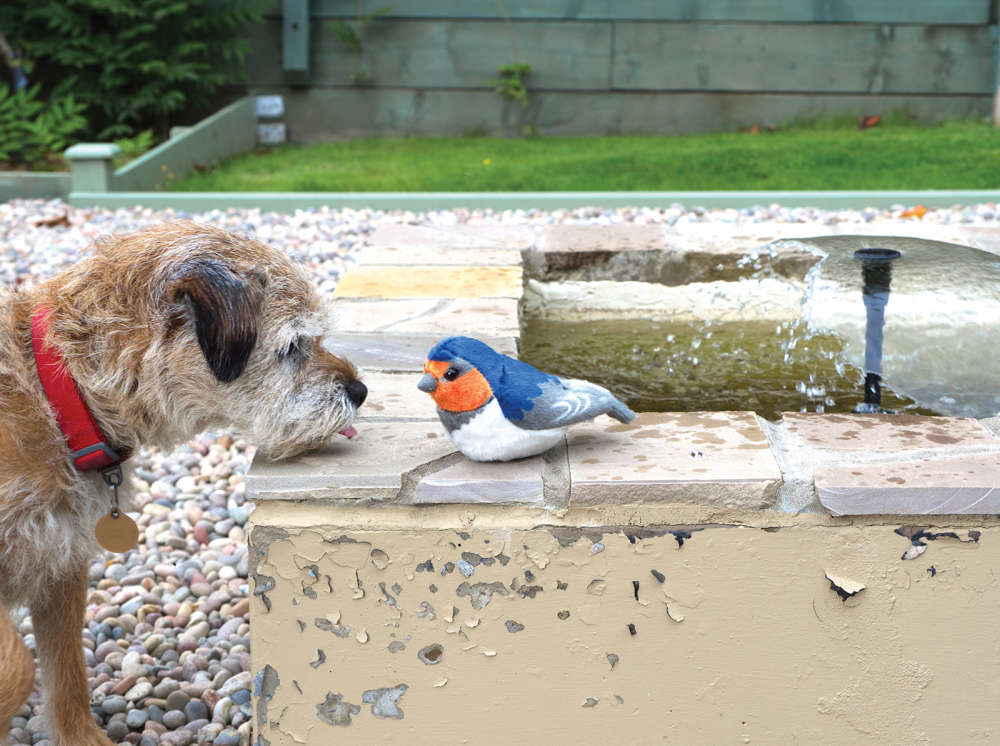 It's a Dog's Life: World Animal Day
It's a Dog's Life: World Animal Day
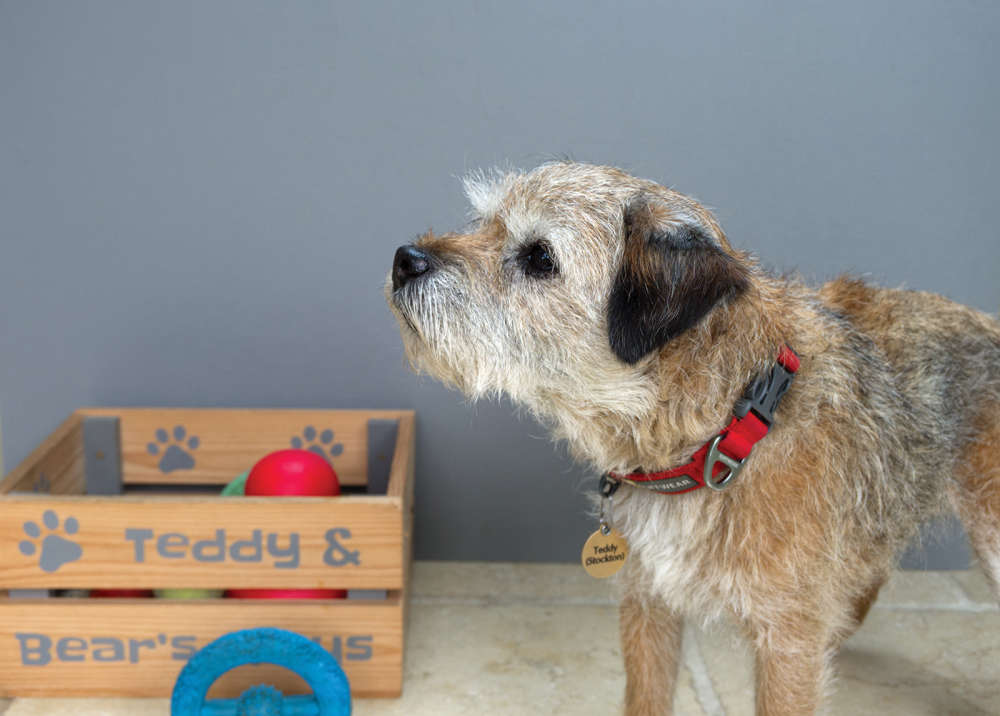 It's A Dog's Life: Never Assume...
It's A Dog's Life: Never Assume...
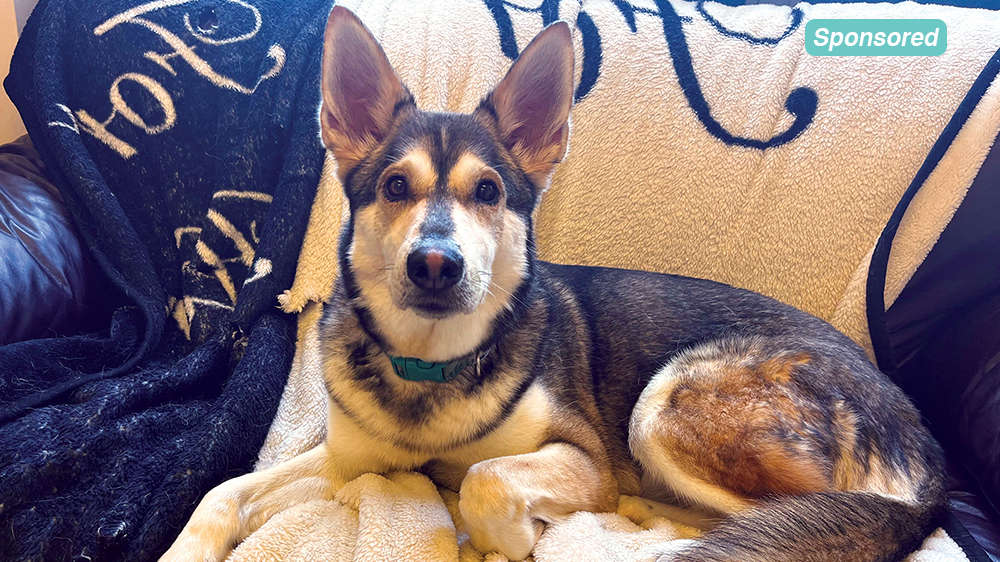 Fostering Happiness at Raystede
Fostering Happiness at Raystede
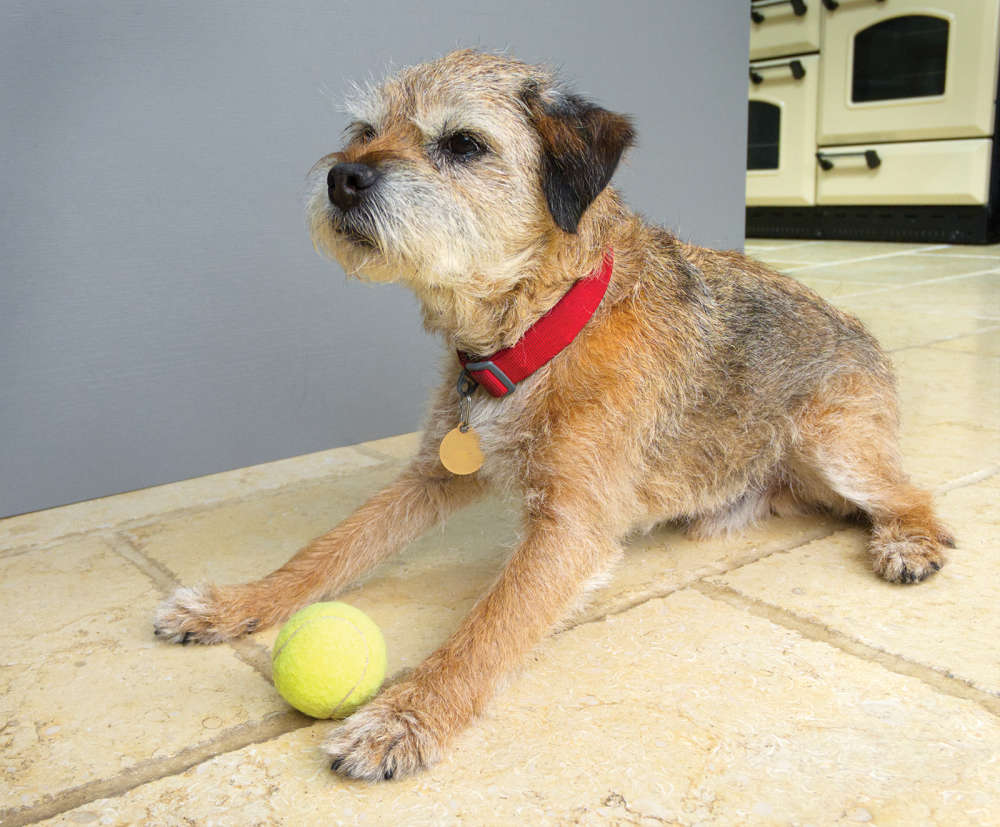 It's a Dog's Life: Why So Much Sport?
It's a Dog's Life: Why So Much Sport?
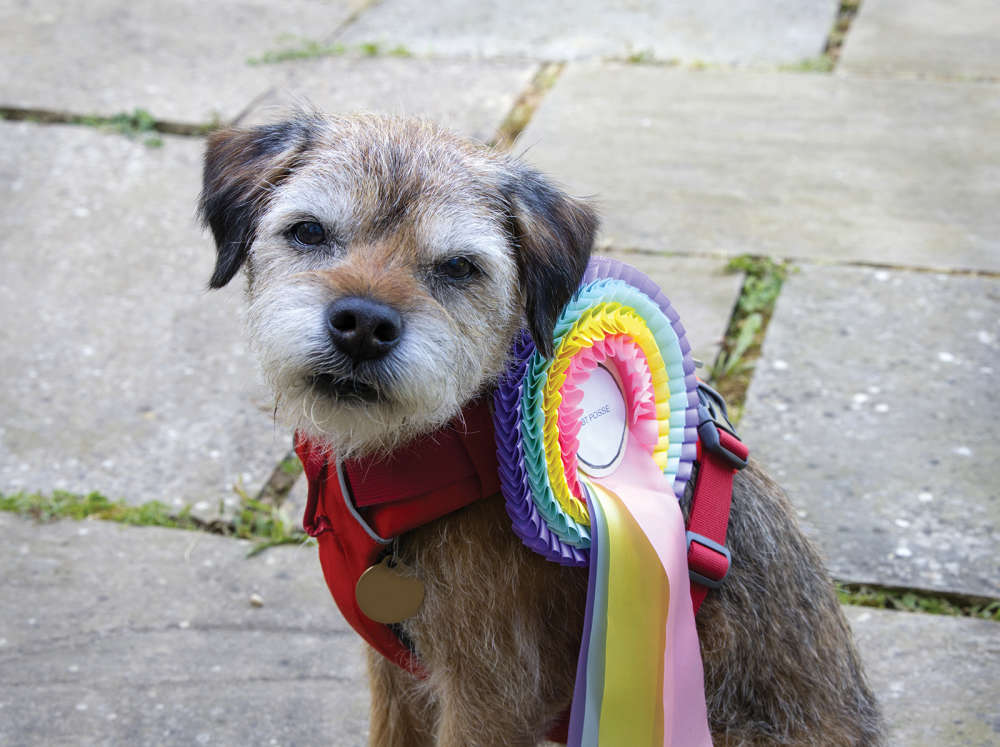 It's a Dog's Life: A Partly Political Broadcast
It's a Dog's Life: A Partly Political Broadcast
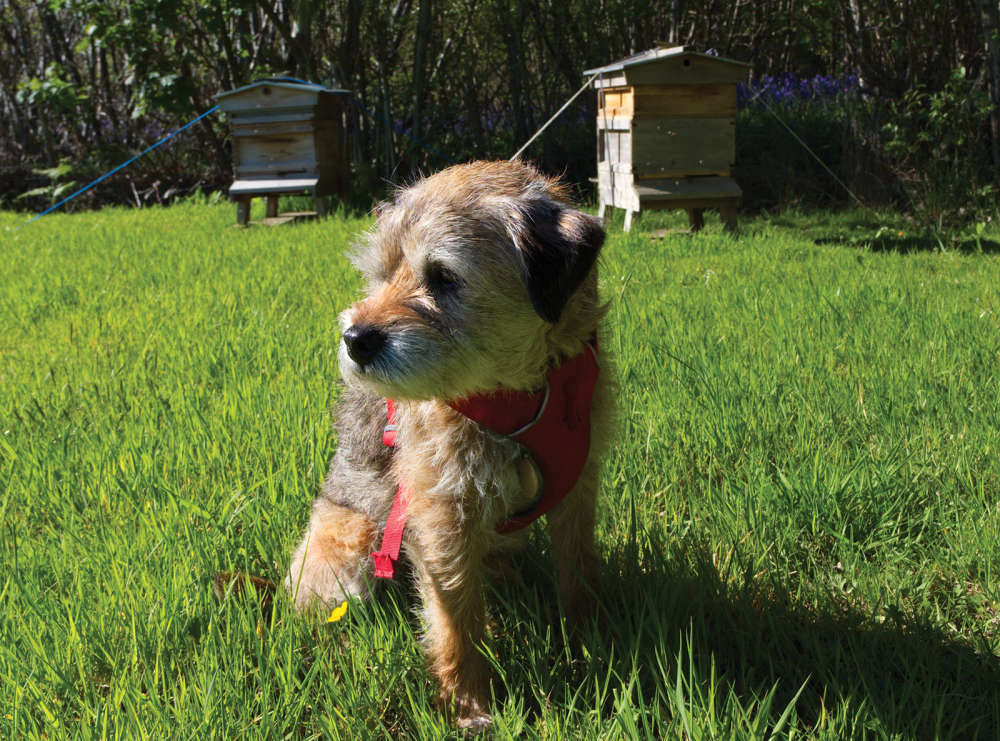 It's a Dog's Life: Our Hobbies are Not the Same
It's a Dog's Life: Our Hobbies are Not the Same
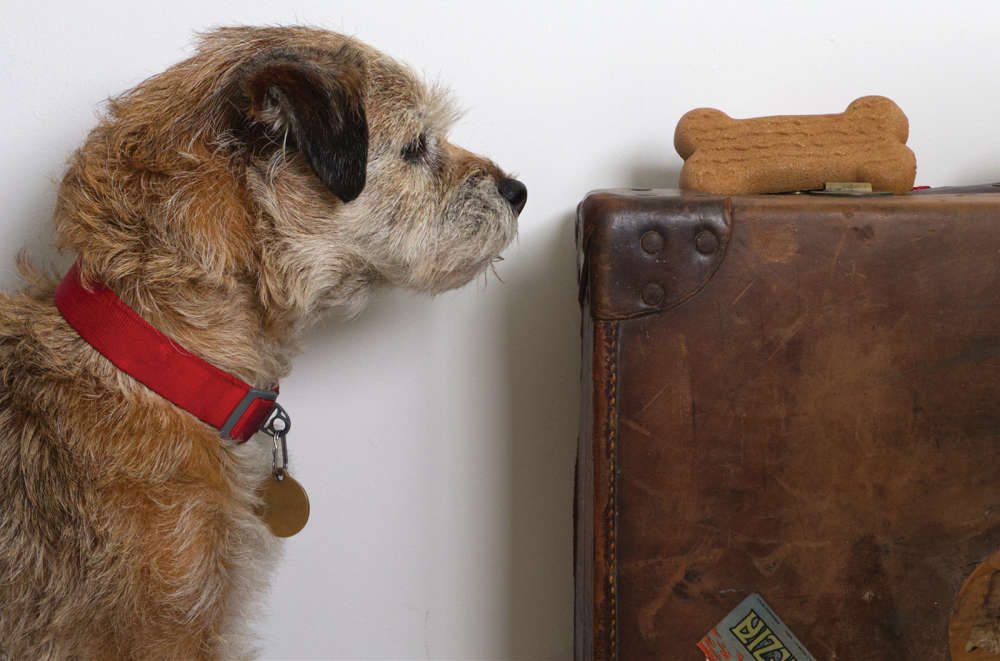 It's a Dog's Life: Our Currency is Biscuits
It's a Dog's Life: Our Currency is Biscuits
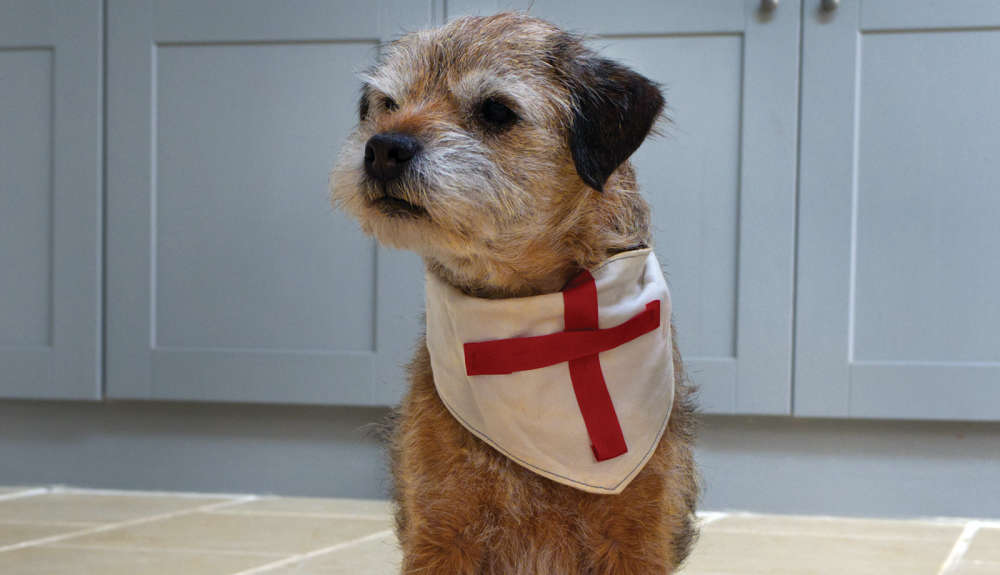 It's a Dog's Life: Teddy & the Dragon
It's a Dog's Life: Teddy & the Dragon
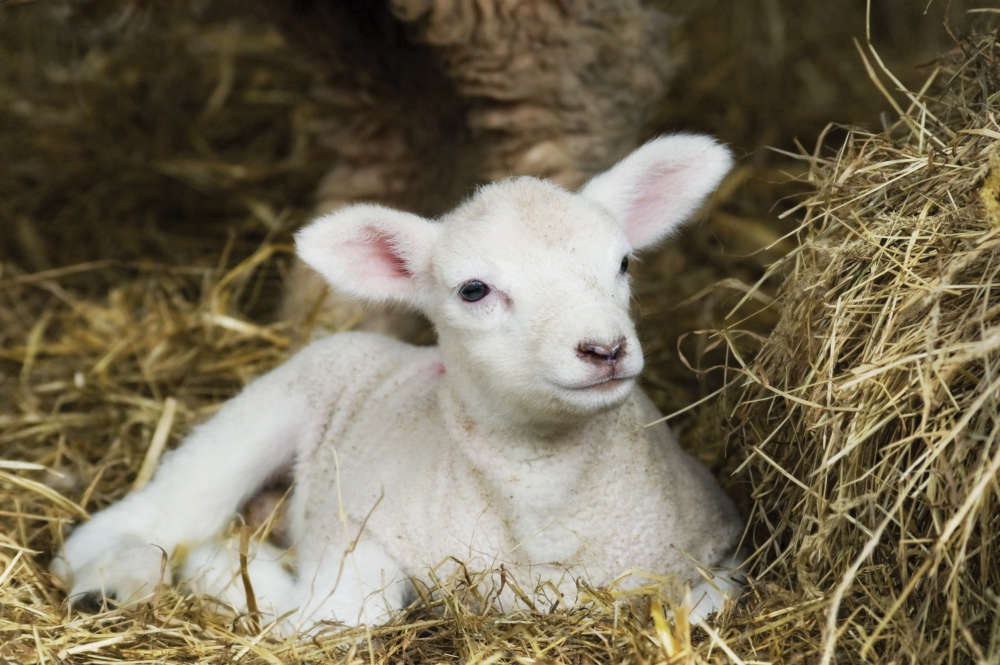 Kids Zone: Lambing in Spring
Kids Zone: Lambing in Spring
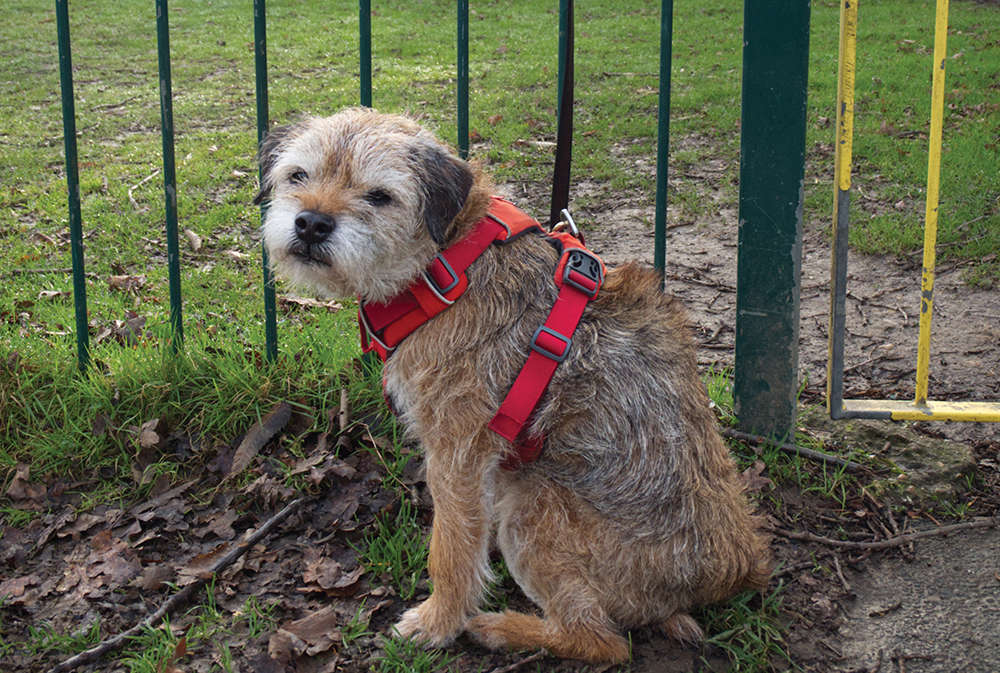 It's a Dog's Life: Access Denied
It's a Dog's Life: Access Denied
 It's a Dog's Life: February is not just for Pancakes
It's a Dog's Life: February is not just for Pancakes
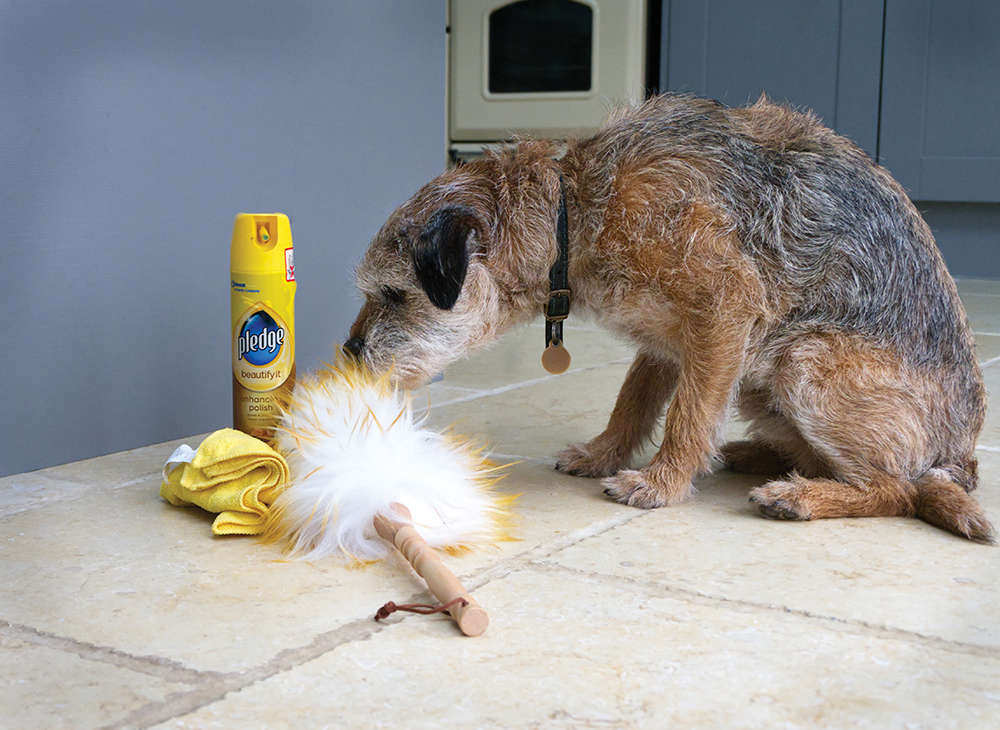 It's a Dog's Life: Cleaning Up
It's a Dog's Life: Cleaning Up
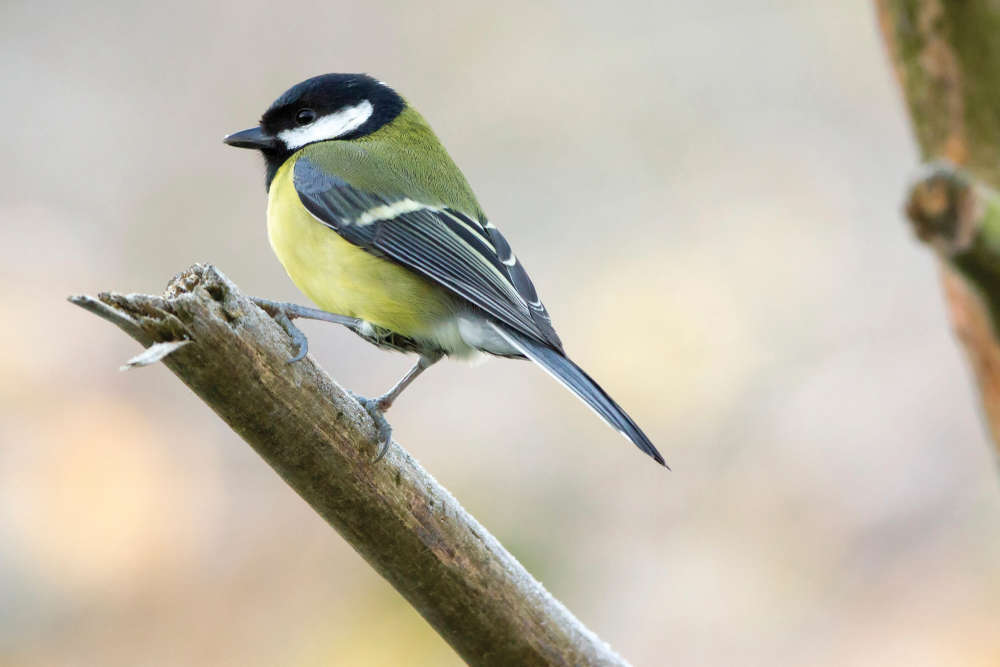 Top 10 Garden Birds to spot in Sussex
Top 10 Garden Birds to spot in Sussex
 Top Tips: Keep Your Pets Safe this Bonfire Night
Top Tips: Keep Your Pets Safe this Bonfire Night
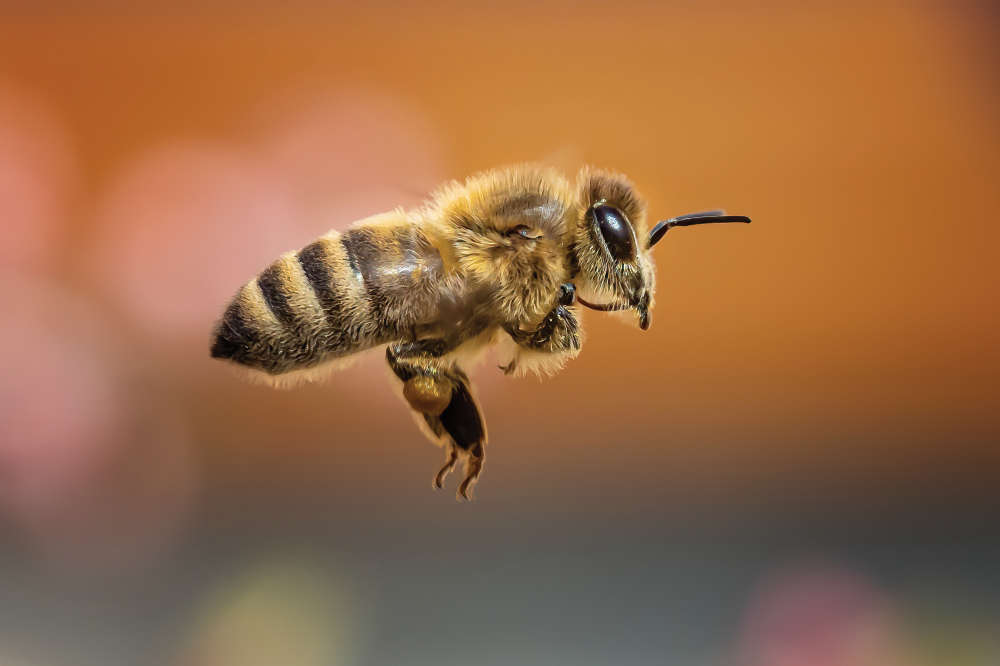 Advertising Feature: Plan Bee
Advertising Feature: Plan Bee
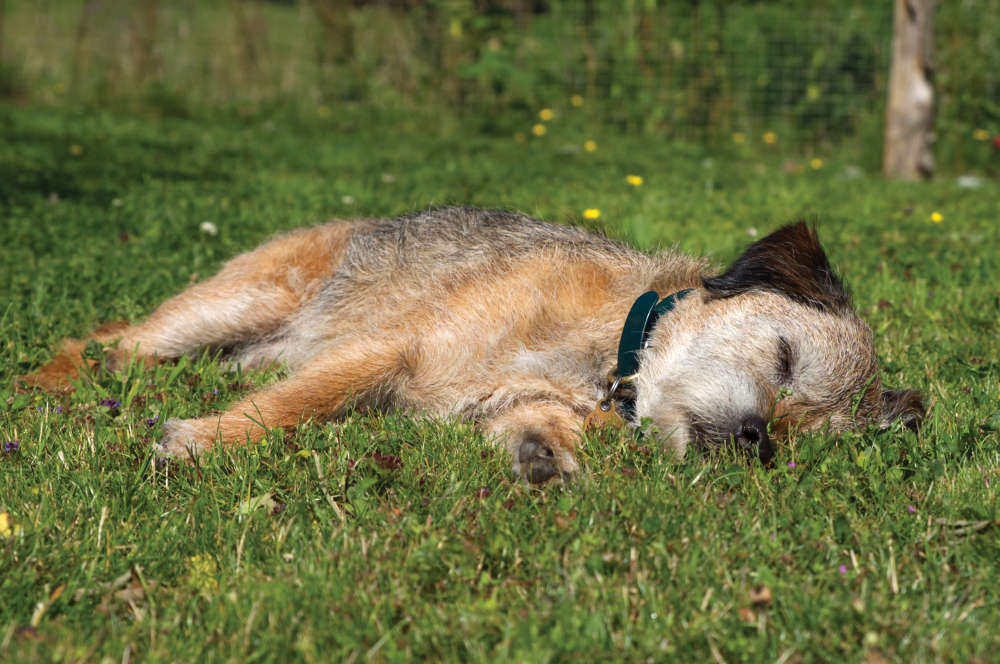 It’s a Dog’s Life - The Quiet Life
It’s a Dog’s Life - The Quiet Life
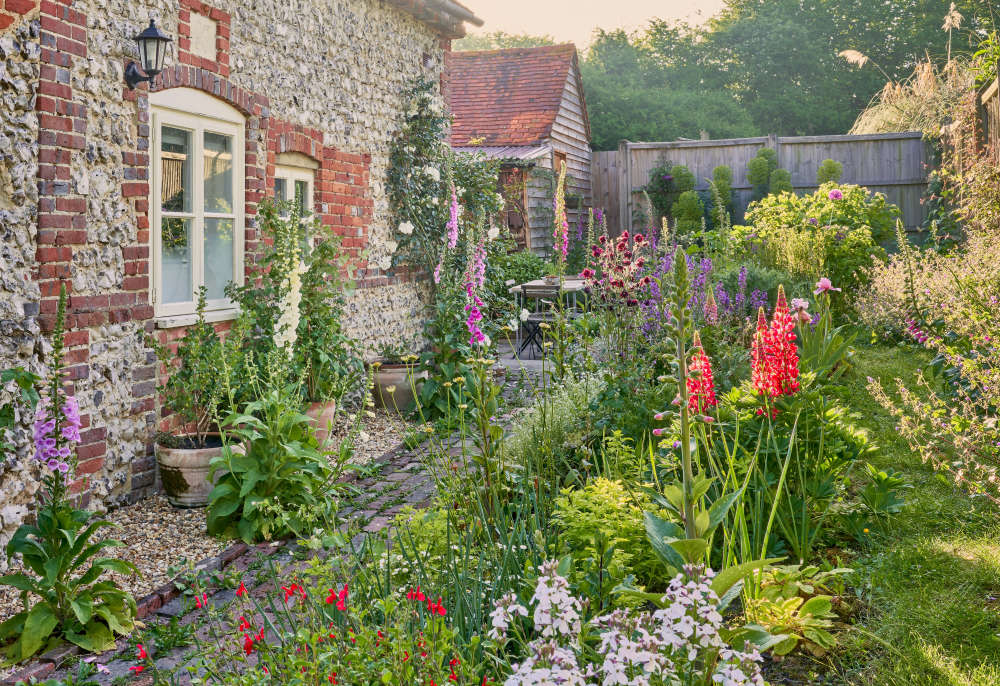 What should you be looking out for in your Sussex Garden this Summer?
What should you be looking out for in your Sussex Garden this Summer?